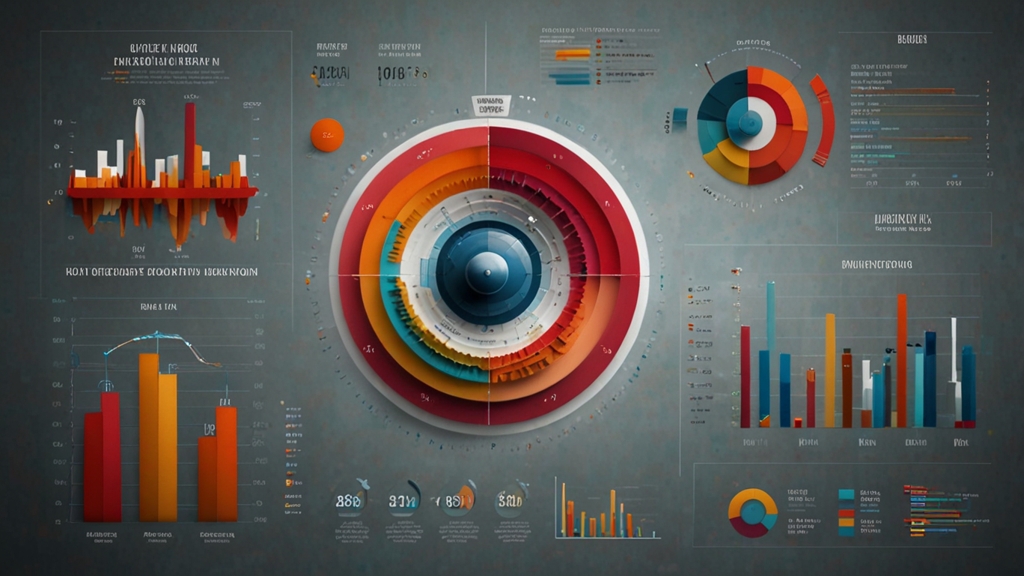The Secret Weapon: How Businesses are Leveraging Machine Learning
In the digital age, businesses are constantly seeking ways to stay ahead of the competition. One of the most potent tools in their arsenal is Machine Learning (ML), a subset of artificial intelligence that enables computers to learn and make decisions without being explicitly programmed. By harnessing the power of ML, companies can not only streamline operations but also drive innovation, enhance customer experiences, and ultimately boost their bottom line.
Understanding Machine Learning
Machine Learning involves the development of algorithms that can analyze and interpret vast amounts of data. These algorithms identify patterns and make predictions based on the information they process. ML is classified into three primary types: supervised learning, unsupervised learning, and reinforcement learning. Each type has unique applications and benefits that businesses can leverage to solve complex problems and gain valuable insights.
Supervised Learning: Making Accurate Predictions
Supervised learning involves training algorithms with a labeled dataset, which means that the output is already known. This method is particularly useful for tasks such as classification and regression. For example, in the retail sector, businesses use supervised learning to predict customer purchasing behavior. By analyzing historical data, ML models can forecast future sales trends, helping companies make informed decisions about inventory management and marketing strategies.
"Supervised learning has revolutionized the way we approach forecasting and inventory management. We've seen a significant improvement in our ability to predict customer demand, which has resulted in increased sales and reduced waste." - Jane Doe, Retail Industry Expert
Unsupervised Learning: Discovering Hidden Patterns
Unsupervised learning, on the other hand, deals with unlabelled data. The algorithm is tasked with finding hidden patterns or intrinsic structures within the data. This method is commonly used for clustering and association tasks. In the world of finance, for instance, unsupervised learning algorithms can detect fraudulent transactions by identifying anomalies in transaction data. By recognizing these irregular patterns, businesses can take preventive measures to mitigate risks and enhance security.
Reinforcement Learning: Optimizing Business Processes
Reinforcement learning is a type of ML where an agent learns to make decisions by interacting with its environment. The algorithm receives feedback in the form of rewards or penalties and adjusts its actions accordingly. This approach is particularly beneficial for optimizing business processes. For example, in supply chain management, reinforcement learning algorithms can optimize routing and delivery schedules, reducing operational costs and improving efficiency.
Real-World Applications of Machine Learning
Machine learning is not just a theoretical concept; it has real-world applications across various industries. Here are a few examples of how businesses are leveraging this technology:
Healthcare
In the healthcare industry, ML algorithms are used for early diagnosis of diseases, personalized treatment plans, and efficient management of medical records. Predictive analytics can help identify potential health risks, enabling preventative care and improving patient outcomes.
Marketing
Marketing teams leverage ML to segment their audience, personalize campaigns, and predict customer responses. By analyzing online behavior, purchase history, and other data points, businesses can create targeted marketing strategies that resonate with their audience.
"Machine learning has enabled us to deliver highly personalized experiences to our customers. By understanding their preferences and behavior, we've significantly increased engagement and loyalty." - John Smith, Marketing Director
Manufacturing
In manufacturing, ML algorithms are used for predictive maintenance, quality control, and supply chain optimization. By analyzing sensor data from machinery, companies can predict equipment failures before they occur, reducing downtime and maintenance costs.
The Future of Machine Learning in Business
The potential of machine learning in business is immense and continues to grow as technology advances. Companies that adopt ML are not only improving their current operations but also positioning themselves for future success. As more data becomes available and algorithms become more sophisticated, the applications of ML will expand, offering even greater opportunities for innovation and growth.
In conclusion, Machine Learning is indeed a secret weapon for businesses. From enhancing customer experiences to optimizing operations, the capabilities of ML are transformative. As companies continue to embrace this technology, the competitive landscape will evolve, and those who leverage ML effectively will lead the way.







